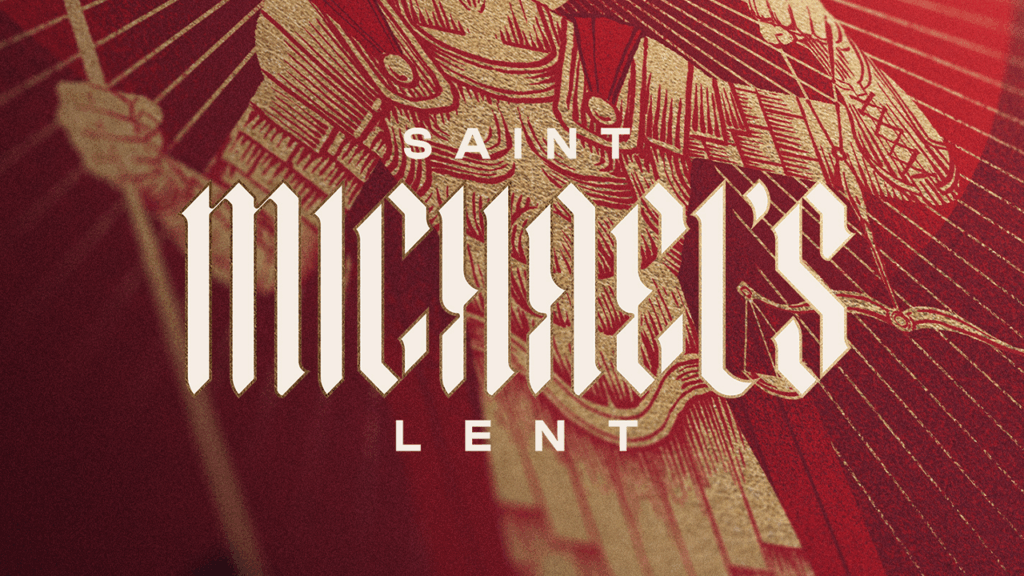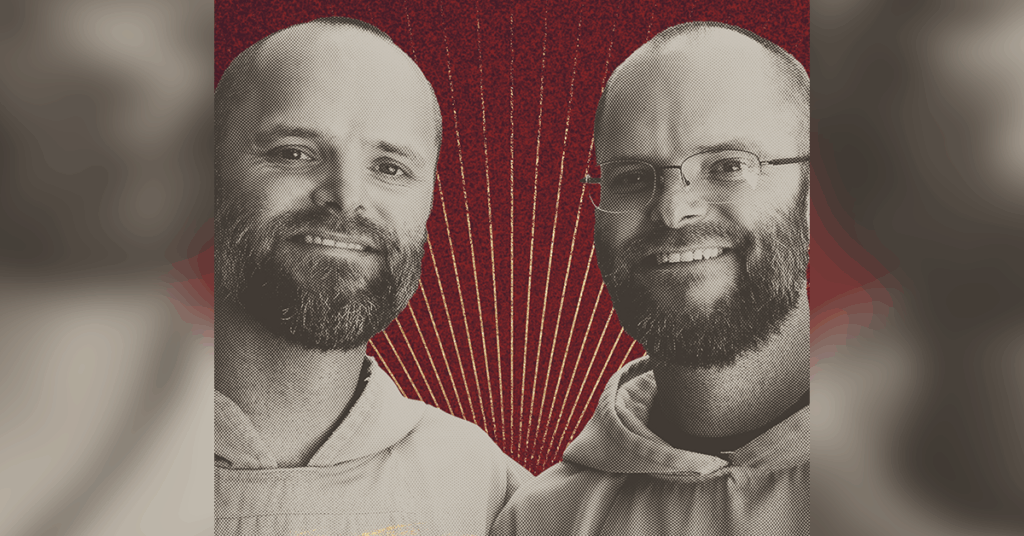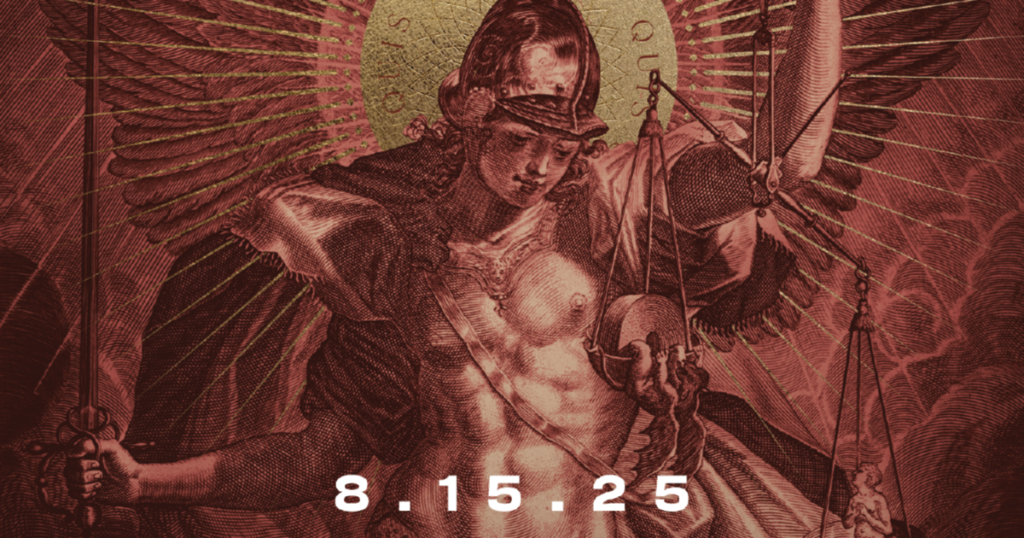The cardinal virtues are formed within us over time through our attitudes and actions.
Culture, on the other hand, is formed outside of us as the external result of our attitudes and actions.
Like virtues, culture is also embedded in time, and there are two dimensions in particular that are worth reflecting on.
First, culture expresses something we value, as individuals and as a society; it concretizes something we hold to be worthwhile, beautiful, and good.
It also seeks to do this beyond the present generation.
It is meant to endure through time to reveal something and often to teach something to future generations.
Because of this, culture always has reference to the limits of a lifetime, and these limits are necessarily limits of time.
To put it another way, culture arises from an awareness of death and the human need to produce something that lasts beyond death and transcends death.
If we ask what is worth handing on and teaching after death, then we discover that culture subjects us to the test of time.
It tests us to determine what we value in life, and what is really worth spending our finite supply of time on.
Second, each of us personally establishes forms of culture around us during life.
It is not a question of producing culture or not producing it; we have no choice but to do so.
The question is, what kind of culture will we produce?
Here, we ought not to think immediately of the fine arts and these artifacts of culture, though they are important and they might be types of culture we form around us (playing or giving lessons on a musical instrument, for example).
Rather, more broadly, the culture around us involves a regular, outward expression of what we inwardly hold to be important: are there outward manifestations, “artifacts,” of our faith, our love, our friendships?
Again, at this point, the test of time clarifies matters: how do I spend my time in the realm of culture?
Do I spend time with what is true, good, and beautiful, drawing myself and others into it?
Or do I tend to spend time in a way that builds a culture of the superficial, the fleeting, the worldly?
Culture is a distinctively human reality and one that we create around us in ways both large and small.
If we attend to the test of time, we will see what kind of culture we foster around us, and in that culture, we will see revealed what we value.
Today, think about what type of culture appeals to you, both in the world of art and in the world around you.
If you have a shortage of ideas, consider praying for a greater appreciation of the role that culture plays in human life and for inspiration to both discover greater culture and to create a greater culture of your own.




